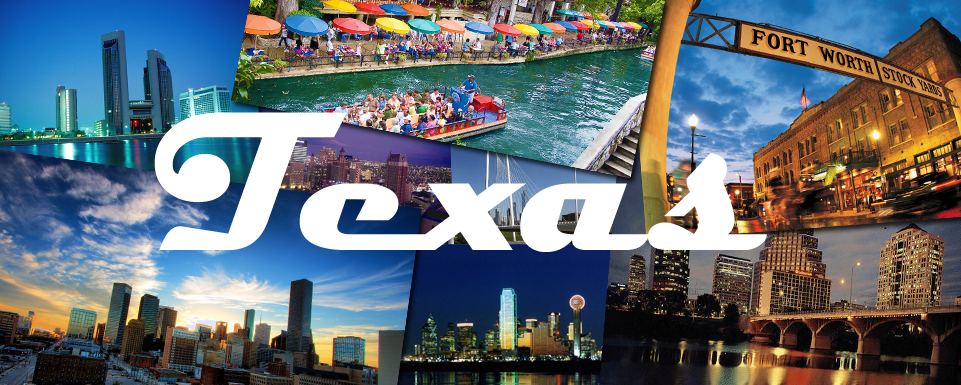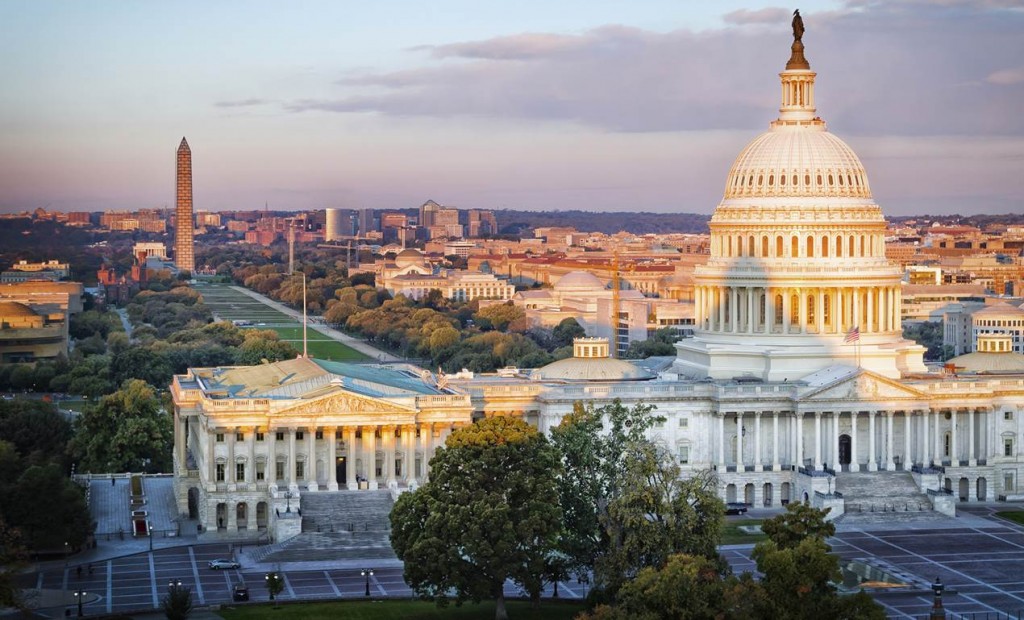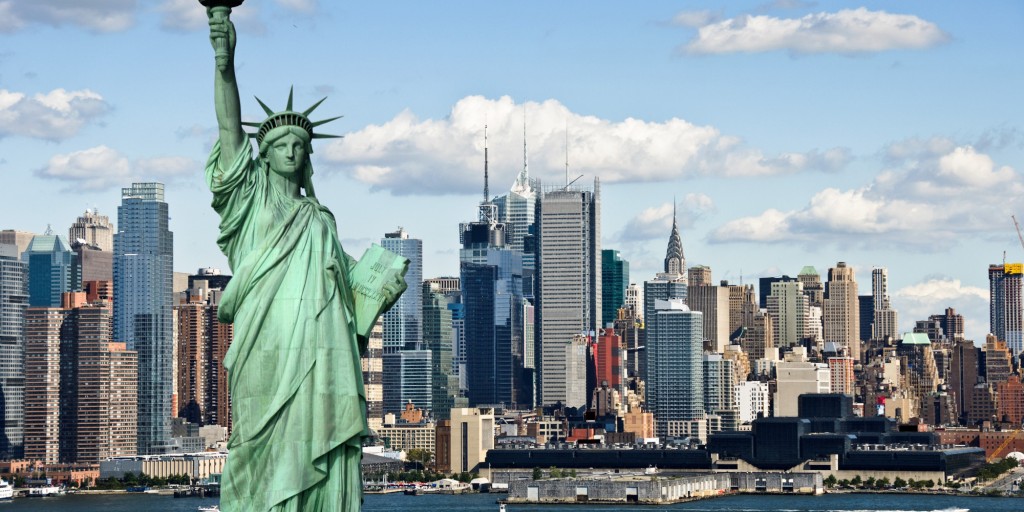Study Tour – Texas
(Austin, San Antonio)
Our trip to Texas serves as a case study of our first theme, interweaving our study of a uniquely American character, developed under frontier conditions, protective of liberties, and strongly entrepreneurial in spirit. Drawing on our exploration of regional influences on the creation of multiple American cultural identities (“many Americas”), Texas serves as an ideal comparative study to classroom exploration of the eastern seaboard, and experiences in the Midwest community of Champaign-Urbana. Given its unique political history as a former slave state, and even current advocate of state’s rights, Texas is also an excellent example of the delicate balance between local, state, and federal authority we explored in Springfield at the Lincoln Museum. With Mexican influences, and debates over immigration very current to the life and livelihood of its population, Texas is the epitome of the institutional, economic, and social forces driving the evolution of political ideology that binds very different groups of Americans together and helps consolidate democracy in the U.S. Because of America’s vast geographical size and enormous pluralism, regions of the country have different interpretations of federal and state’s rights, individual liberties, and government authority; the consequence is that there are many versions of U.S. political thought and different democratic approaches to protecting the rights of individuals and those of the nation. More than with other states Texan identity equates with intense notions of American rugged individualism, determination, capitalist competition, and ingenuity. Texas political culture is a unique combination of foundational American political ideology for economic liberalism, limited government regulation or support, and populist protection of ordinary citizens’ rights. Texas’ staunch individualism, exemplified by the motto, “Don’t mess with Texas,” has on the one hand produced strong support for women’s voting rights and leadership, while on the other, fears of government infringement of protected liberties (e.g., 2nd Amendment right to bear arms). Our trip to Texas will highlight the ways in which one region interprets foundational U.S. political thought and character, individual liberties, civic engagement, and executive authority in comparison with the Midwest (Illinois), and the regions of the eastern seaboard (middle states, New England, the South).
Study Tour – Washington D.C.
In Washington D.C. participants will continue to explore ideas of Federalism, public and private enterprise, individualism, liberty, and the singular nature of the American executive office that were explored throughout the program.
Study Tour – New York
A trip to New York City will serve as the capstone experience for the Institute, drawing together the four sub-themes of the program. Since its diverse colonial founding, and as the first capitol of the United States, New York City stands not only as the symbolic pillar of American liberty and pluralism, but also as the ever evolving model of a diverse multilayered liberal democratic community. NYC has been a major center of immigration and finance, home to both new Americans drawn to the United States by the lure of the American Dream, and older Americans who as captains of industry and titans of finance continue to perpetuate the Dream mythos.



